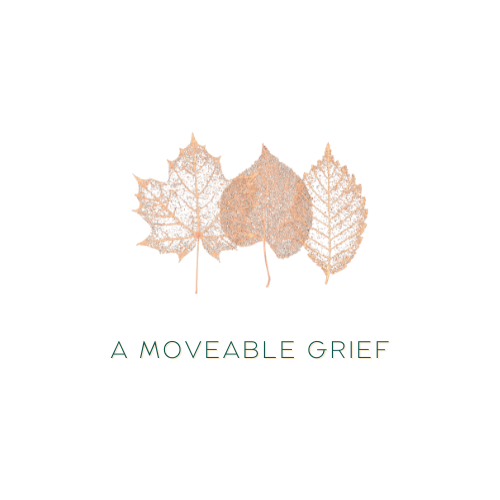Unlucky in Death
“To lose one parent may be regarded as a misfortune; to lose both. looks like carelessness.” –Oscar Wilde (The Importance of Being Earnest)
I recently saw this play again and this line never felt more relatable. While I haven’t lost both parents, the combination of losing a husband and a mother in such a short span of time is something beyond misfortune. Just the other day, a friend mentioned how her mom could never remember any of her friends’ names, even those she had been friends with for decades. “You, they remember,” she said. “Because of all my tragedies?” She nodded and we both laughed because sometimes that is the only option.
It’s like there is a law of diminishing return when it comes to death and grieving —people can understand one tragedy, but two? That’s too many.
And let’s not even talk about how long grief lasts (forever, by the way, that is the answer). I’ve heard of other grievers being told to “get over it” by friends or family, as if there’s an official expiration date for grieving a person who you loved. Luckily, no one in my life has expressed anything like that, but what I have come to understand is people who say dumb and thoughtless things (or fail to mention your person or offer their condolences) are not necessarily trying to be unkind; they are terrified.
They are terrified that what has happened to you will happen to them.
They are terrified that they could not survive in your circumstance.
They are terrified of emotions and a loss of control. Which, I guess is also to say, they are afraid of living and loving deeply. (I also suspect they hope tiptoeing past the flaming car wreck of your life without offering to stop and help will somehow spare them.
I recently started reading Sheryl Sandberg and Adam Gran't’s book Option B and she talks about being “grief-stricken that (she) was grief-stricken,” and the power of just letting the bad feelings happen, not fighting it. I think this can apply to those who are terrified by the possibility of the terrible, too. Be there with the person who has had something terrible happen, and it might make you more apt to deal with it later in your own life or someone else’s then if you run away.
We are conditioned to look for the fault lines, we think worry will prepare us along with the “what ifs” and the worst-case scenarios.
We wear seatbelts and helmets and protect electrical outlets from small prying fingers, we go to doctors for check-ups, we eat healthy, we make sure our smoke detector batteries work, we turn off our ignition while pumping gas (unless you are a member of Aerosmith), we exercise, we make smart choices, we keep an eye on things. We think that if we mitigate the chances of the worst thing imaginable than maybe it won’t happen at all. We are kind of right, but mostly wrong.
It felt careless not pushing Daryl to ask his doctors for more tests in the year leading up to his diagnosis when we thought he might have food allergies or some gut issues. Never in a million years did we think it would be colon cancer. I’m a worrier by nature, a Googler of every weird ailment or illness, but, somehow cancer slipped through the cracks.
It felt careless* listening to one of my favorite Jason Isbell songs “If We Were Vampires,” cancer nowhere on the horizon, singing along to the chorus:
It's knowing that this can't go on forever
Likely one of us will have to spend some days alone
Maybe we'll get forty years together
But one day I'll be gone
Or one day you'll be gone
*I have since learned people choose this as their wedding song. Kudos to them for dancing so closely with impermanence and disaster.
It felt careless losing my mom. I had plans to help her, to somehow stop her from drinking, to push her into therapy, to fix and hold some pain for her. But, the reality of her day-to-day, of how little I knew about her decline in the year before her death, made that impossible. Daryl and I talked about how if he had not gotten sick, she would have been our priority. I was barely grasping the edges of understanding addiction when she was hospitalized. The worst part among all the worst parts? The last conversation I had with her, arguing with her for the hundredth time to PLEASE get the COVID vaccine, I told her she should be happy to be alive.
I think what’s brilliant about Wilde’s observation is that it recognizes how obtuse and surface our social interactions can be.
It’s probably why widows had to wear black during that era—it took social pressure off others to have to recognize or hold uncomfortable emotions. Instead, they put the discomfort and scarlet letter on the griever, literally. I’d like to think we’re further along, but the fact that we still are so culturally ignorant about the death process, grief and mourning tells me we aren’t too different from our Victorian counterparts.
